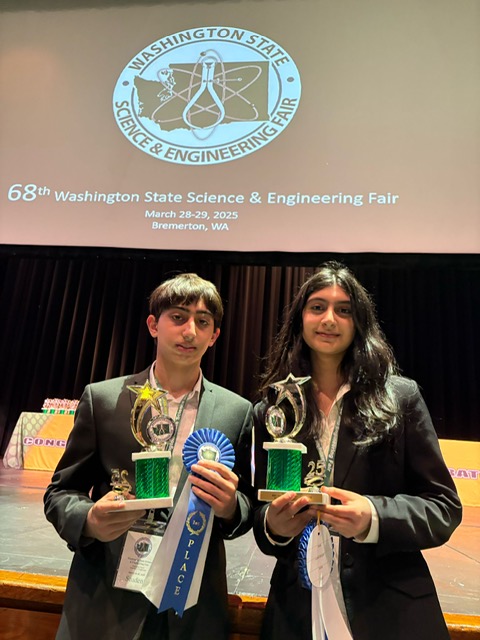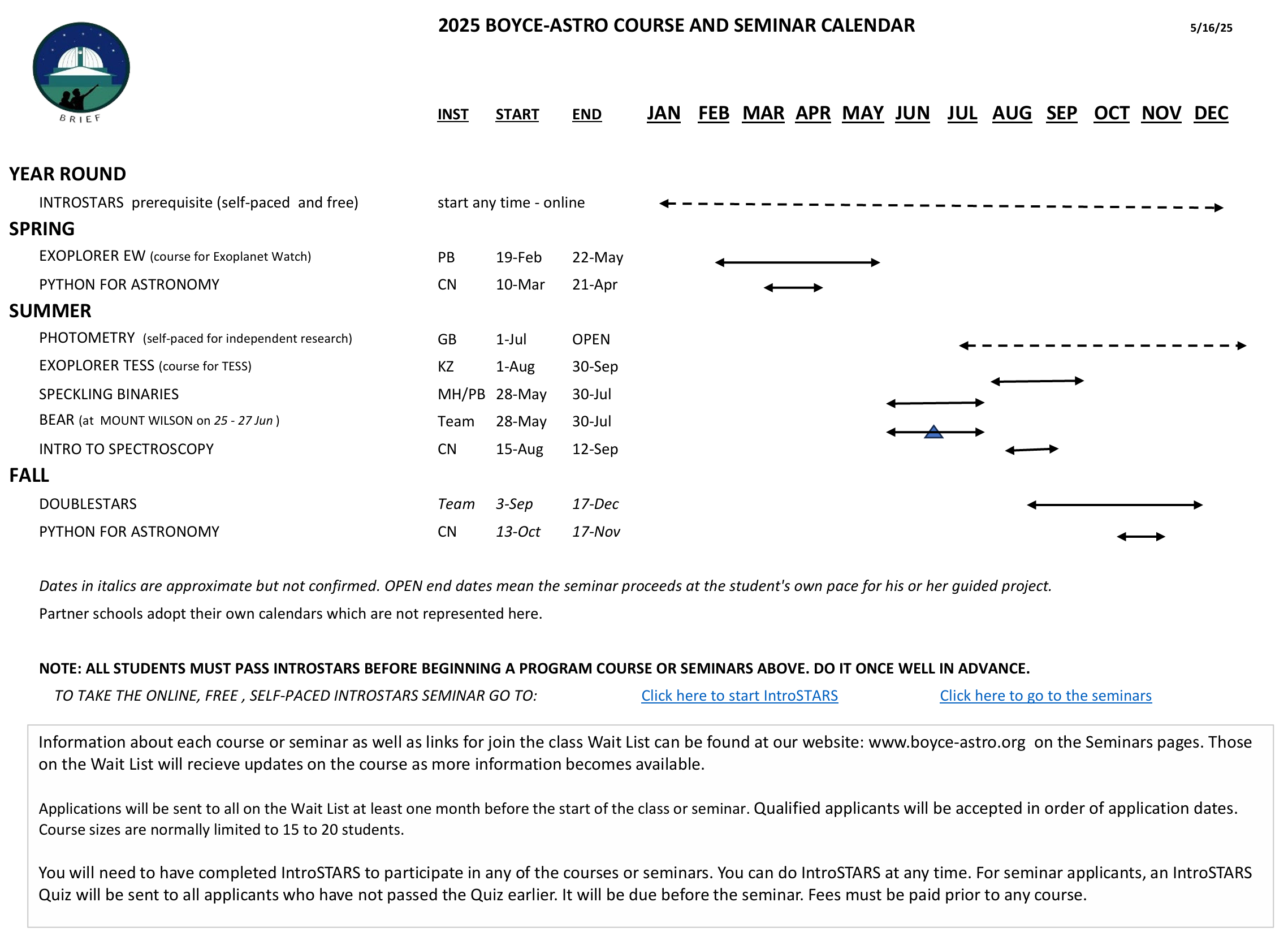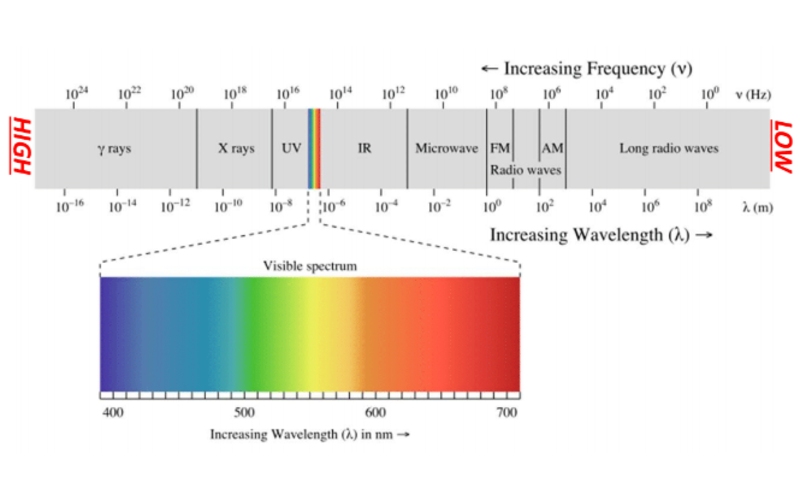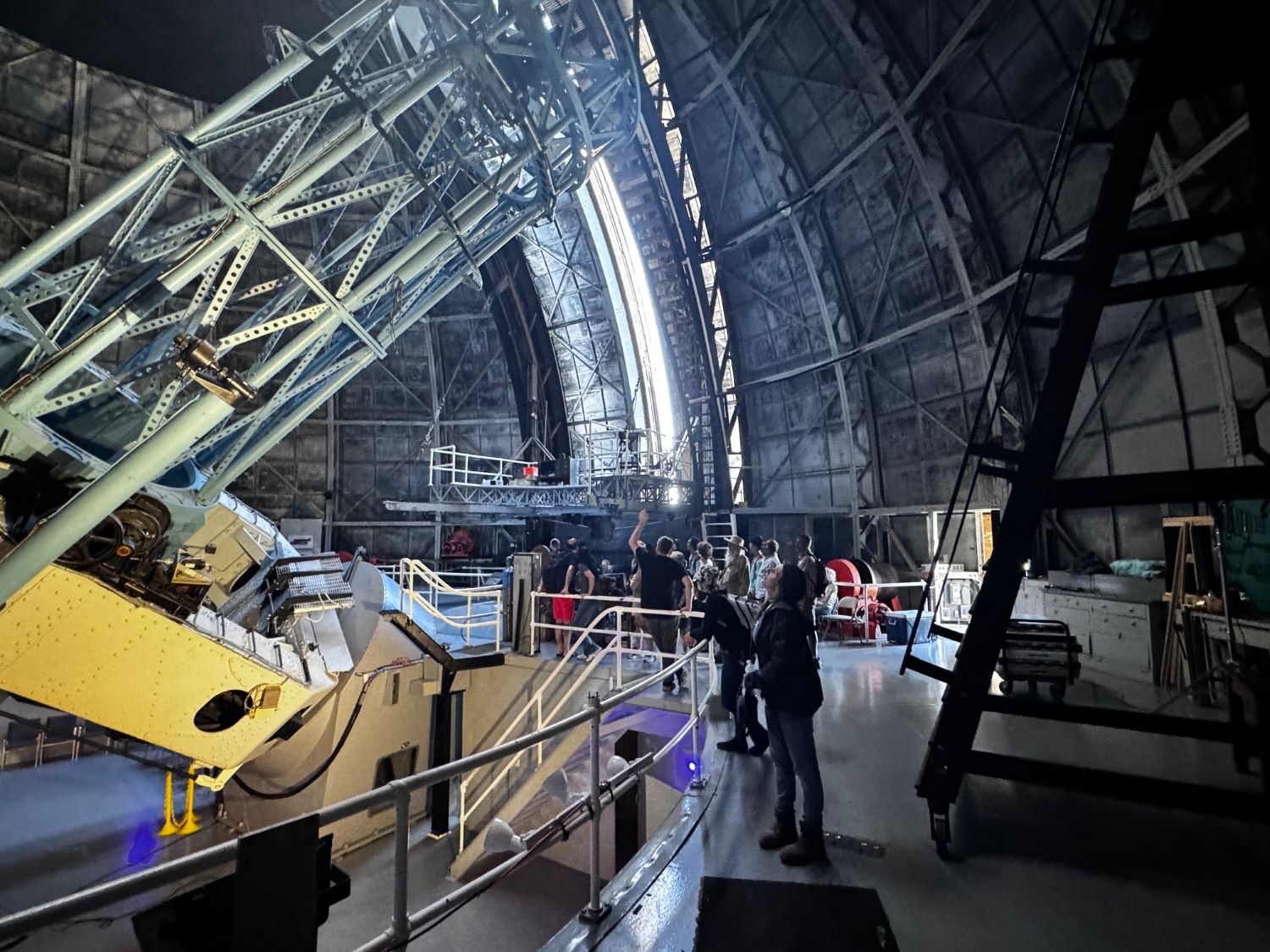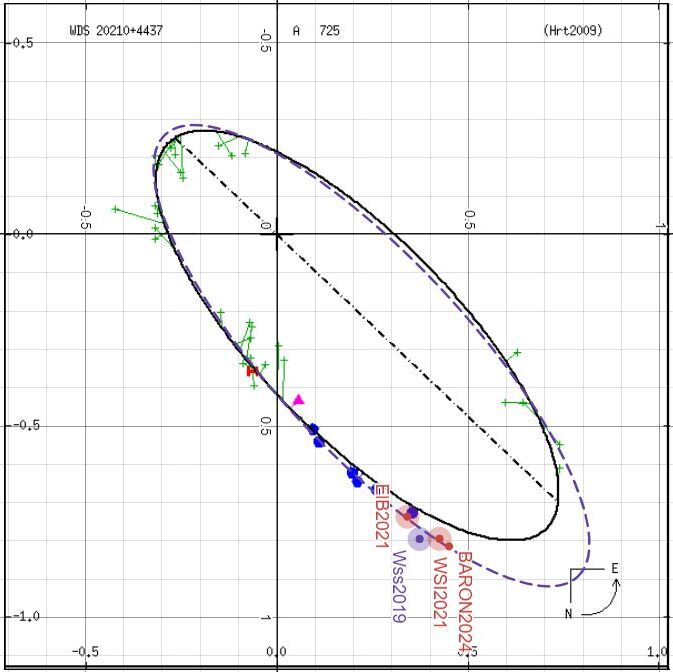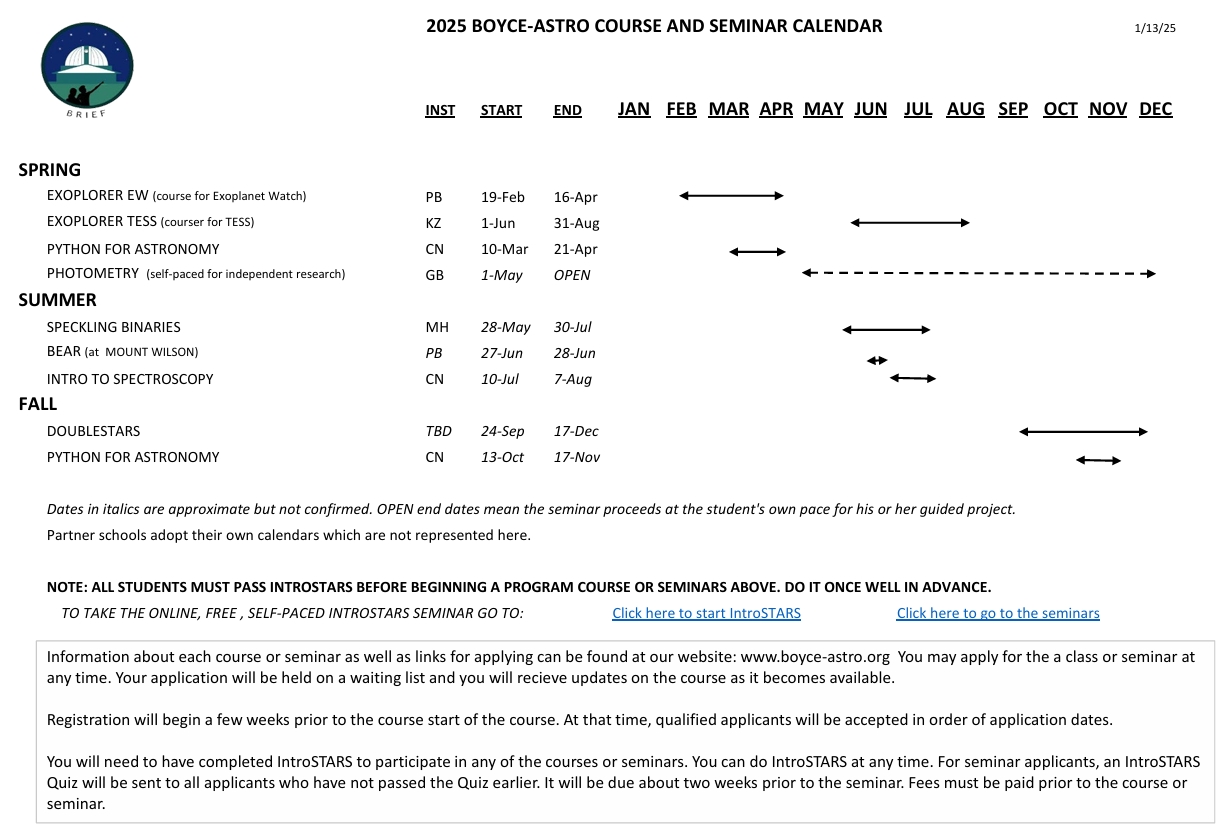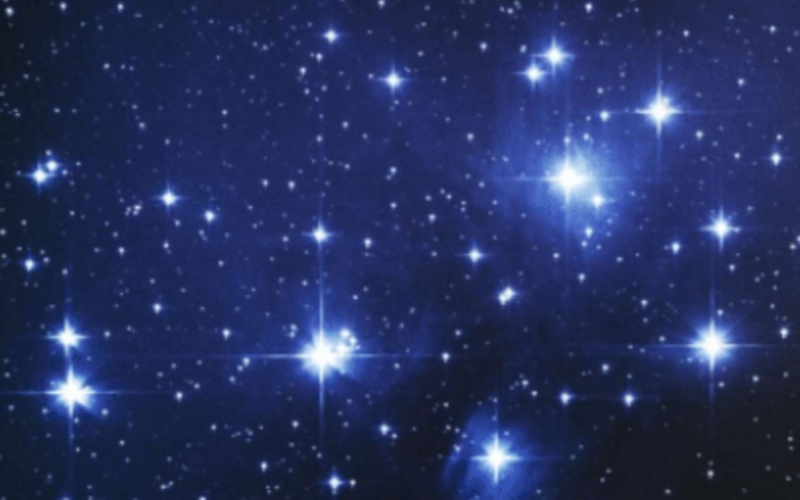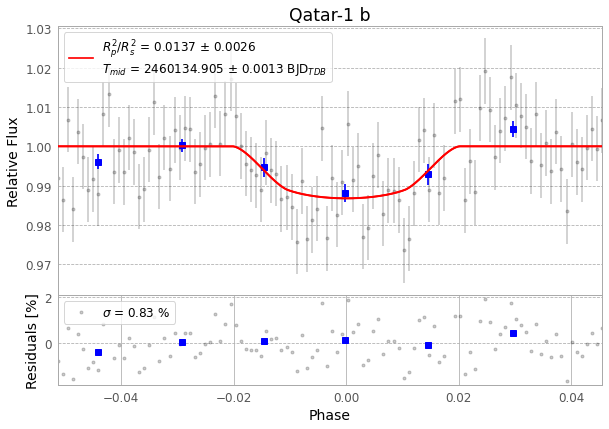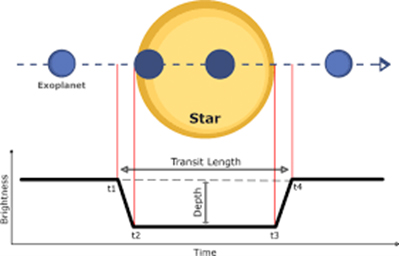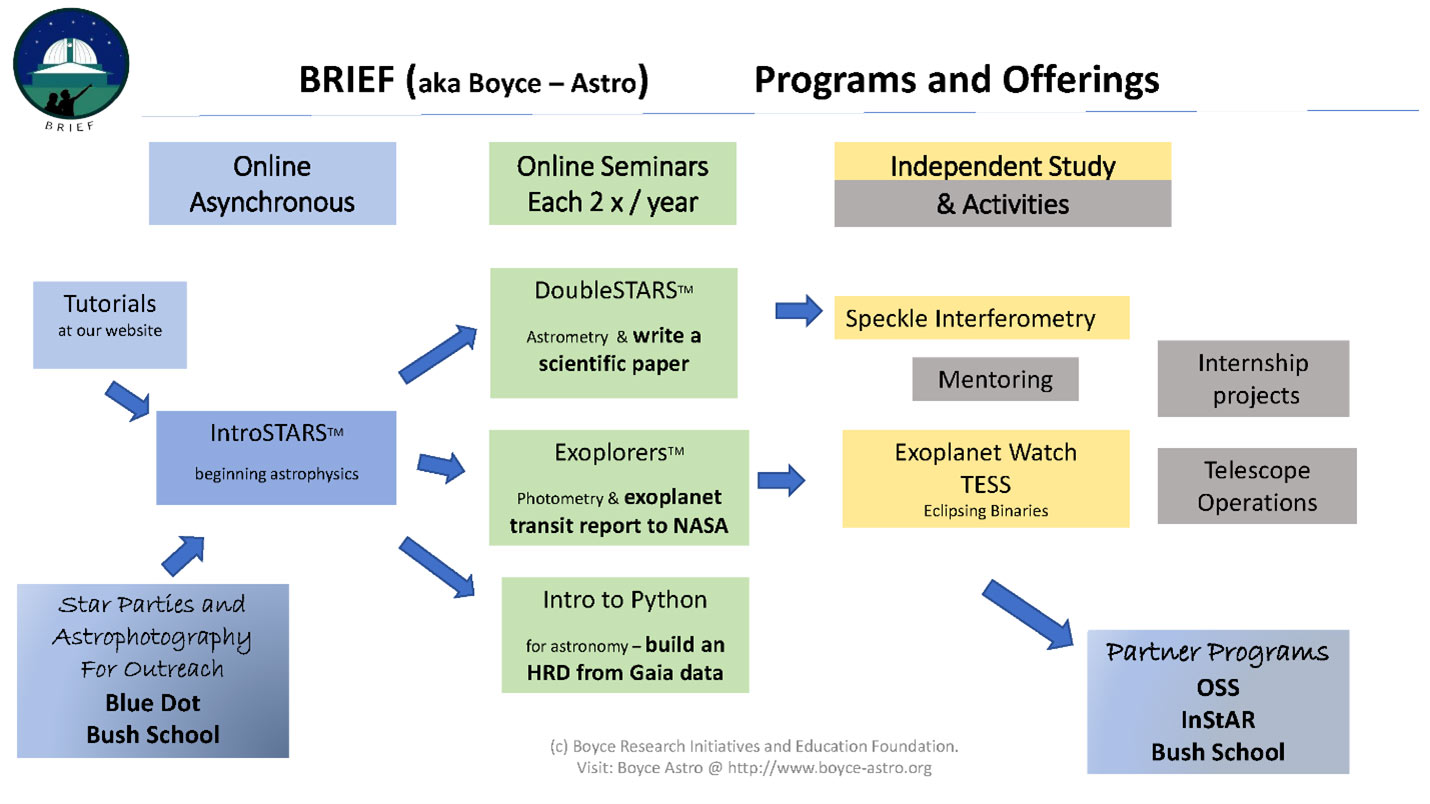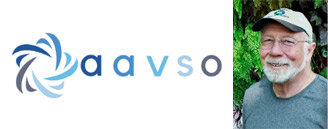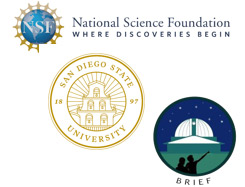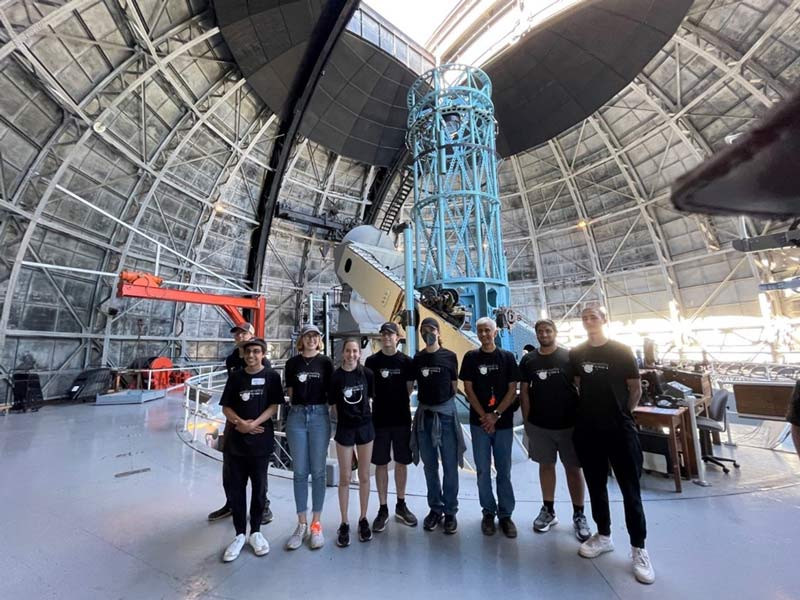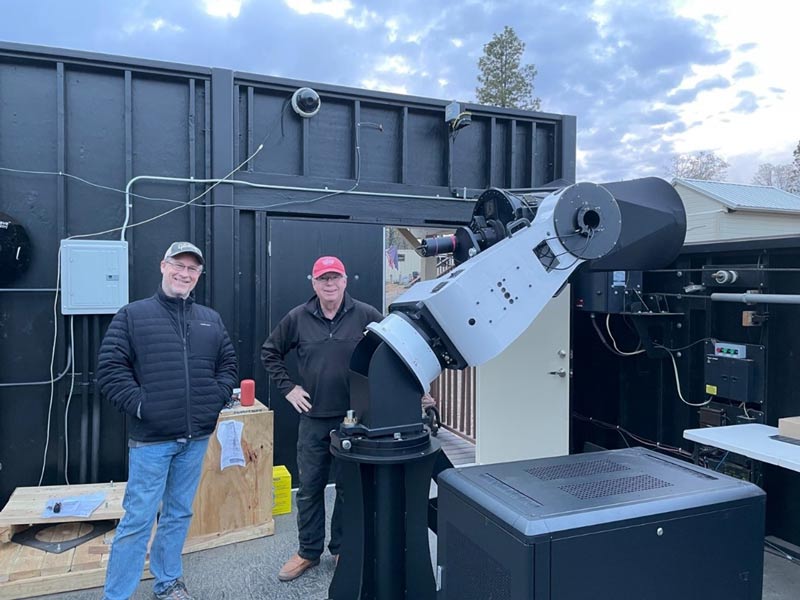Blog
Boyce-Astro Students become First Place Awards Winners
Anisha and Dhruv were honored to receive one of the First Place Awards in Physics & Astronomy, as well as...
Boyce Astro 2025 Class Schedule Updated
Our annual class and seminar calendar was updated and is now available on the Boyce-Astro website. Courses span a...
Intro to Spectroscopy Course adds BARO Observatory Observations in August
After a successful prototype last summer, our spectroscopy course is back—now enhanced with new tools and...
BEAR + Binary Speckle: An Integrated Learning Experience Starts Soon
The BEAR program integrates with the Binary Speckle course into a two-day, on-site experience at Mount Wilson...
Binary Speckle Course Starts May 28
Our Binary Speckle Interferometry course begins May 28. It uses the BARO remote observatory and will meet weekly...
BEAR Program Featured in Mount Wilson Newsletter – On Their Website Too!
Read the article about our experience on page 3 of the MWO Reflections magazine.Our BEAR program (Boyce-Astro...
Boyce-Astro 2025 Seminar Calendar Now Live
Our annual class and seminar calendar is now available on the Boyce-Astro website. Courses span a wide range of...
IntroSTARS™ Continues to Roll On – Free and Self-paced
IntroSTARS™ continues to be the Boyce-Astro prerequisite course for all our seminars and classes. Hundreds of...
Exoplorer™ EW Seminar – Spring 2025
Do exoplanet observations and learn photometry! The Spring 2025 Exoplorer™ EW Seminar is announced and the waitlist...
Boyce-Astro’s 2025 Annual Calendar for Courses and Seminars
Head over to the newly released Boyce-Astro’s annual calendar for 2025 and learn more about the available courses...
Join Boyce-Astro’s DoubleSTARS™ Research Seminar!
Are you ready to learn astronomy?
Boyce-Astro’s DoubleSTARS™ research seminar starts on September 5, offering a unique chance to explore double star systems, run your own observations, and contribute to real scientific research with your published results.
Boyce-Astro’s 2024 Research Calendar: Two Fall Seminars
Boyce-Astro’s 2024 research calendar is here, featuring two important seminars this fall!
- DoubleSTARS™ Seminar - Starts September 5
- Python for Astronomy – Starts November 7
Fall Python Course – Sign Up Now
Our Python for Astronomy short (5-week) course will start soon. It is time to sign up now. The flyer is here and...
Boyce-Astro Exoplorer and Telescope Operator training begins in January 2023
The Exoplorer seminar in photometry of exoplanet transits starts in mid-January of 2023. Students must complete the IntroSTARS
BRIEF announces its 2023 offerings
BRIEF will continue its three-part online student research seminar program in 2023. The three online seminars in astrometry, photometry, and python are the core of the BRIEF program which began with DoubleSTARS in 2015.
BRIEF’s Executive Director elected to the AAVSO Board
In November 2022 Pat Boyce was elected to a three-year term on the Board of the American Association of Variable Star Observers (AAVSO). He founded BRIEF, a non-profit, in 2013 to introduce students to the scientific community through research in astronomy. He and his students have been active participants in the AAVSO and its programs.
BRIEF to support SDSU on new NSF grant
The National Science Foundation (NSF) awarded a three-year grant to the San Diego State University (SDSU) Astronomy Department in September 2022. The grant, “Comprehensive Analysis of Period Changes in Eclipsing Binaries as a Probe of Stellar Astrophysics” will use changes in the orbital periods of eclipsing binary stars to measure their interior structure.
A new student research tradition
In June 2022 BRIEF joined InStAR to conduct a two-day student research experience at Mt. Wilson Observatory (MWO). Twenty Boyce-Astro students performed speckle interferometry observations of binary stars using MWO’s 60” telescope, the world’s largest just over a century ago.
BRIEF receives new observatory from the Downing Family Operating Foundation.
The Downing Family Operating Foundation generously donated a PlaneWave CDK17 research grade telescope to BRIEF in May 2022. Located at Sierra Remote Observatory (SRO), the telescope, mounted on a PlaneWave L-500 mount and equipped with a QHY600 camera, will serve as a platform to advance robotic speckle interferometry and astrometry as well as extend the Boyce-Astro exoplanet observation program.
Register for DoubleSTARS by September 3
Register by September 3 for the Fall 2022 DoubleSTARS seminar. To register, please sign up for IntroSTARS. You may...
